AeroGenie — Tu copiloto inteligente.
Tendencias
Categories
Boeing Reports Strong Second-Quarter Results
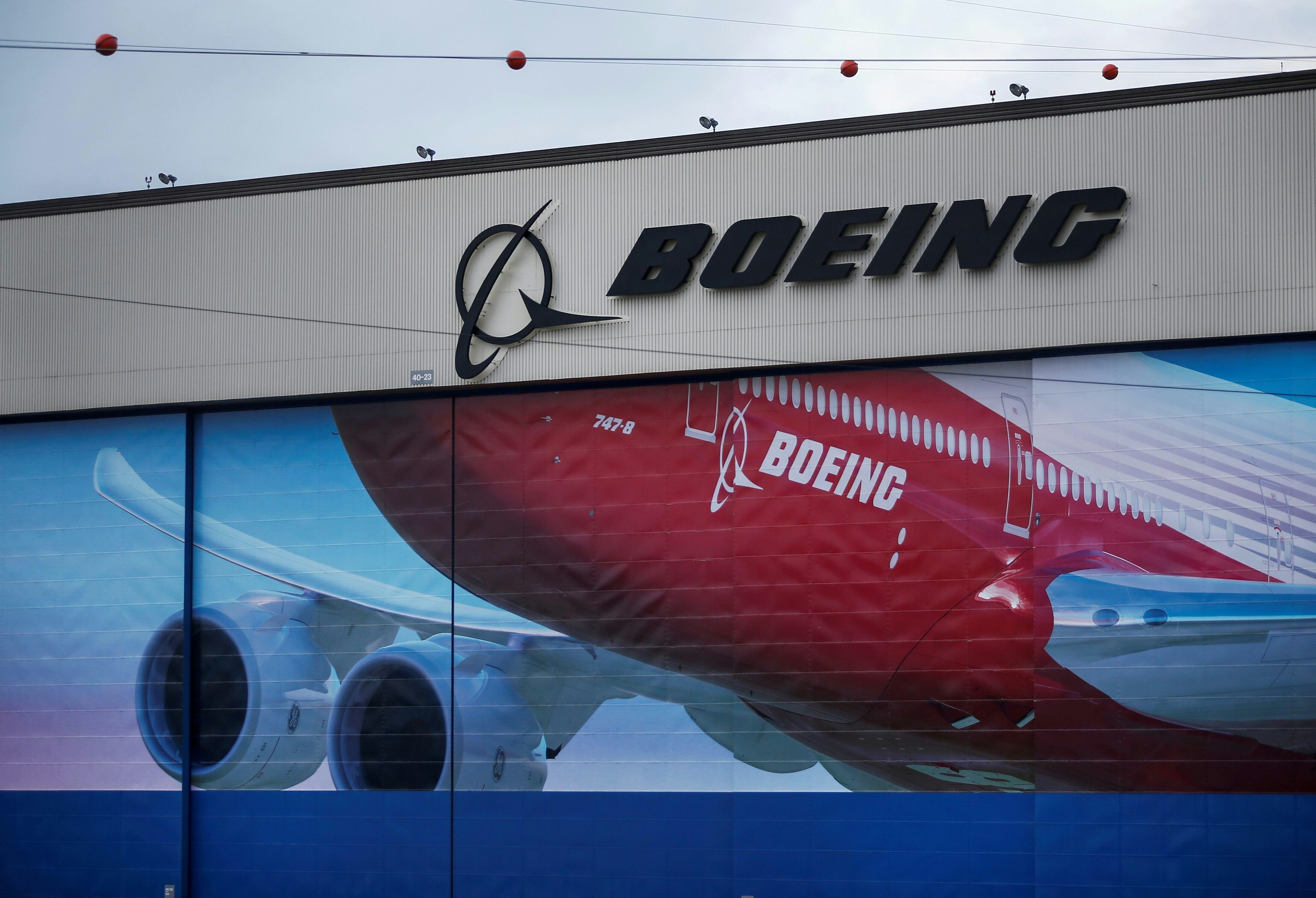
Boeing Reports Strong Second-Quarter Results Amid Recovery and Challenges
Boeing’s second-quarter performance marks a significant milestone in its ongoing recovery, with commercial aircraft deliveries rising by 15% sequentially to 150 units in Q2 2025. This represents the company’s strongest quarterly output since 2018 and reflects a strategic rebound driven by renewed orders from China, a landmark deal with Qatar Airways, and enhanced production efficiencies.
Operational Progress and Strategic Developments
The quarter witnessed a notable increase in 737 MAX deliveries, which rose by 104 units, alongside a near doubling of 787 Dreamliner shipments to 24 aircraft. Renewed demand from China, including an order for a 787-9 by Juneyao Air in June, signals a thawing of trade tensions that had previously constrained sales. The highlight of the period was Qatar Airways’ unprecedented $96 billion order for 130 Dreamliners and 30 777-9s, marking the largest single Dreamliner purchase in history. This deal propelled Boeing’s net orders to 427 year-to-date, a substantial increase from just 25 in the same quarter last year, underscoring strong post-pandemic demand for wide-body jets.
Production improvements are also reshaping Boeing’s outlook. The 737 MAX production rate has accelerated to 38 aircraft per month, with a target of 42 by the end of the year—a critical benchmark for achieving profitability. The commercial division now aims to reach a 10% operating margin by 2026, up from 6% in 2024, supported by higher production volumes and tighter cost controls. Reflecting these positive developments, Fitch Ratings upgraded Boeing’s credit outlook to “stable” in June 2025, citing improved liquidity and reduced litigation risks following the Department of Justice settlement.
Valuation and Market Position
Despite these operational gains, Boeing’s valuation remains subdued. The company’s trailing price-to-earnings ratio stands at -13.5, a consequence of recent losses, in stark contrast to Airbus’s multiple of 15. Nonetheless, analysts identify a potential re-rating opportunity given Boeing’s substantial backlog valued at $460 billion, one of the largest in aviation history. While near-term challenges persist—including ongoing FAA scrutiny of the 787 and delays in the 777X program—Boeing’s enterprise value to EBITDA ratio of -21.4 is expected to improve as margins recover. Analysts have set a price target range of $220 to $230, implying a 9% to 10% upside, with further gains possible if 737 MAX production accelerates as planned.
Regulatory and Competitive Challenges
Boeing’s recovery faces several hurdles. The company continues to contend with regulatory scrutiny related to the 737 MAX 9 incident and the 787’s mid-air door plug issue, both of which could delay certification processes. Investigations by the National Transportation Safety Board into the Alaska Airlines blowout incident and ongoing FAA oversight add to the regulatory pressures. Recent workforce reductions have also raised concerns about Boeing’s role in NASA’s Artemis program, even as the company’s stock has benefited from the momentum generated by the Artemis II mission.
Competition remains intense, with Airbus delivering 51 aircraft in May and supply chain costs continuing to rise. Geopolitical risks, particularly involving China, also persist as a source of uncertainty. Nevertheless, Fitch’s upgraded credit rating and Qatar Airways’ record-breaking order indicate that Boeing’s operational and strategic adjustments are gaining traction in the market.
Outlook Ahead of Earnings
As Boeing’s financial position stabilizes and its involvement in NASA’s Artemis program reinforces its industry standing, the upcoming earnings report on July 29 will serve as a critical indicator of the company’s ability to sustain its recovery. Investors will be closely monitoring whether Boeing can maintain its operational momentum amid ongoing regulatory scrutiny and competitive pressures.
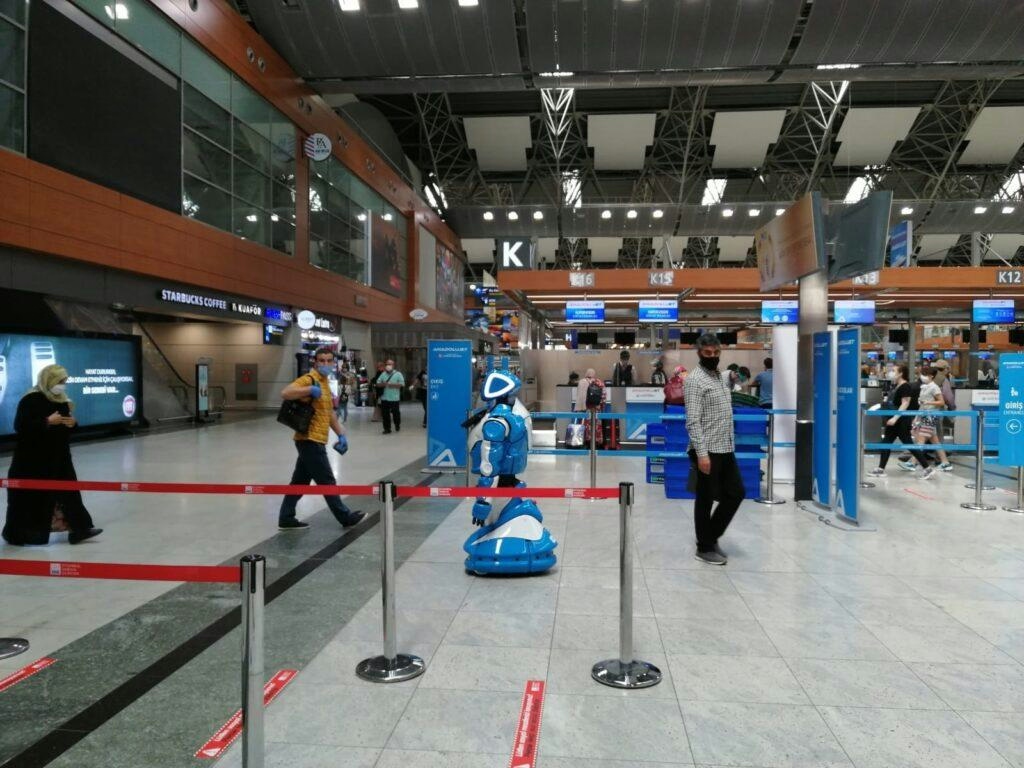
Malaysia Airlines Introduces AI Assistant ‘Mavis’ to Enhance Passenger Support

FAI Aviation Group Overview
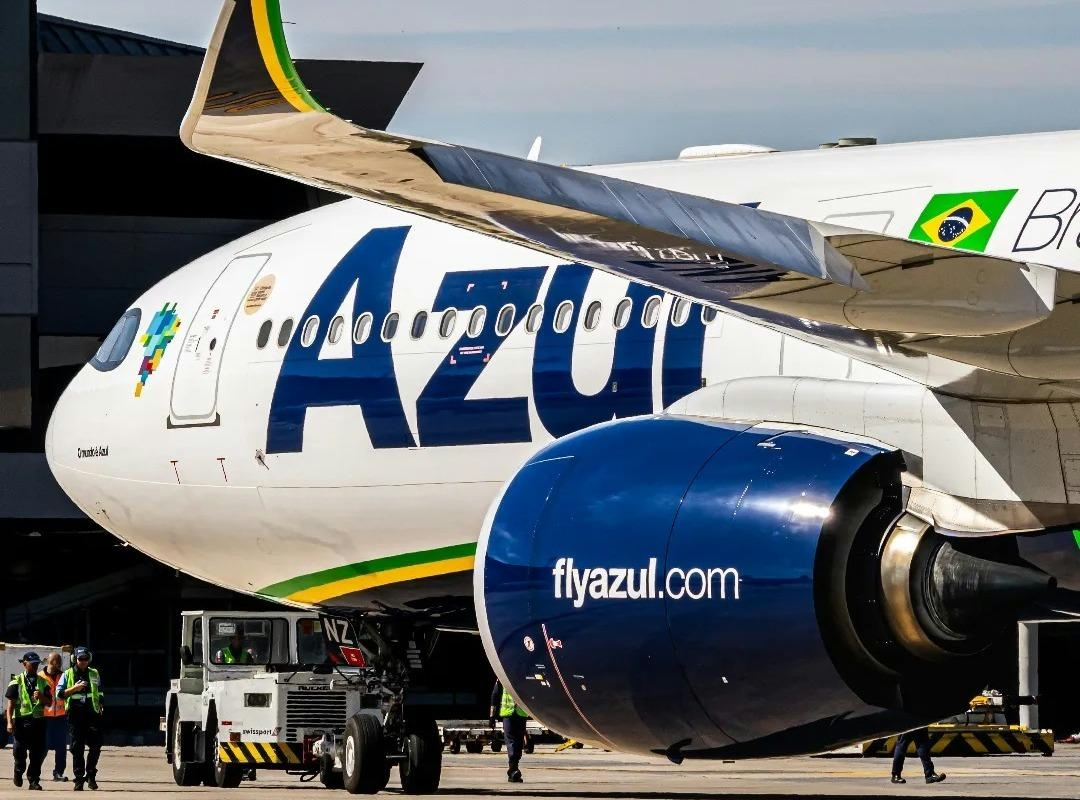
Azul Emerges from Chapter 11 Following Restructuring
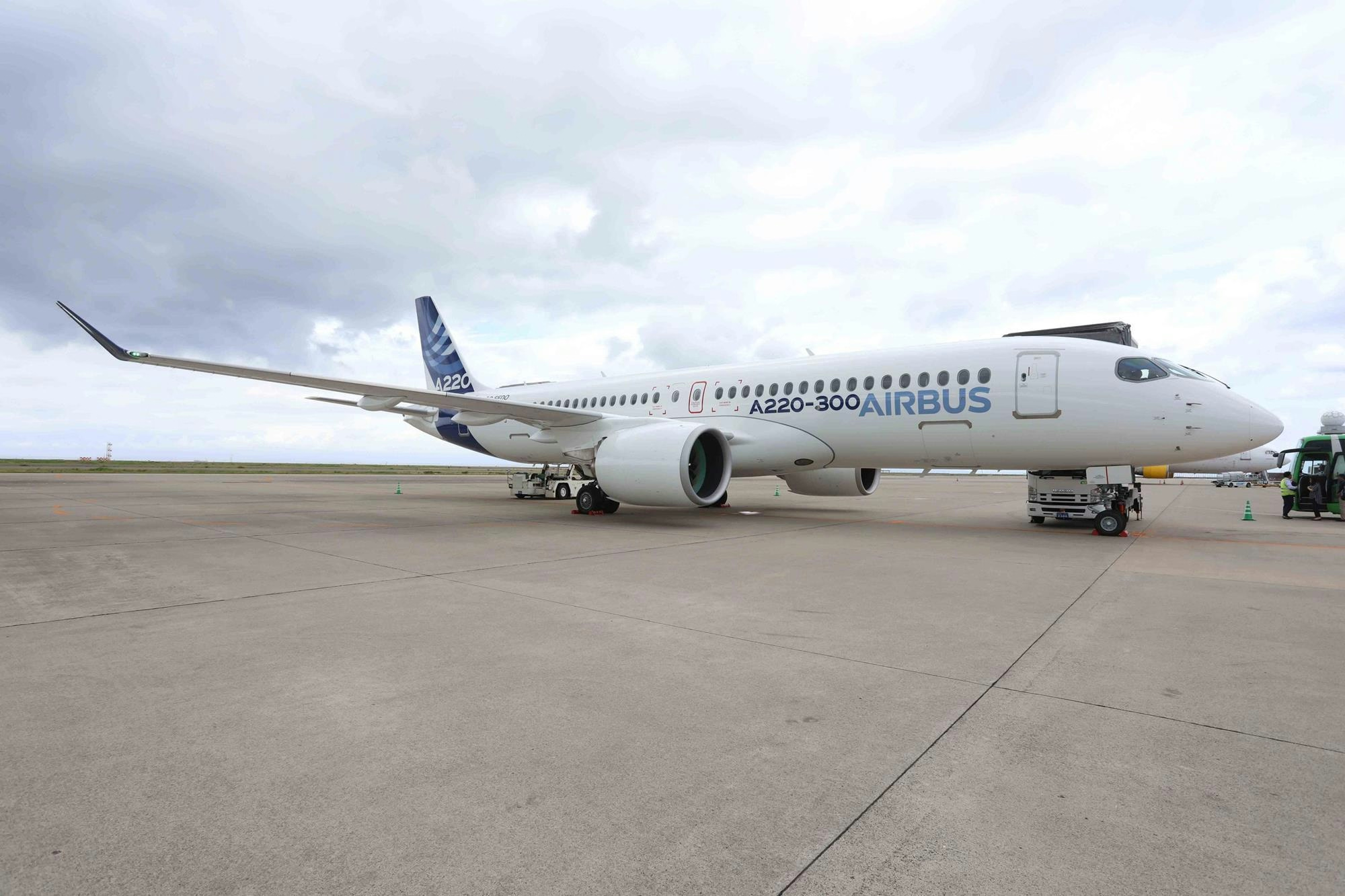
LS Technics Becomes Poland’s First A220-Certified MRO

Oneworld Names Ole Orvér as CEO
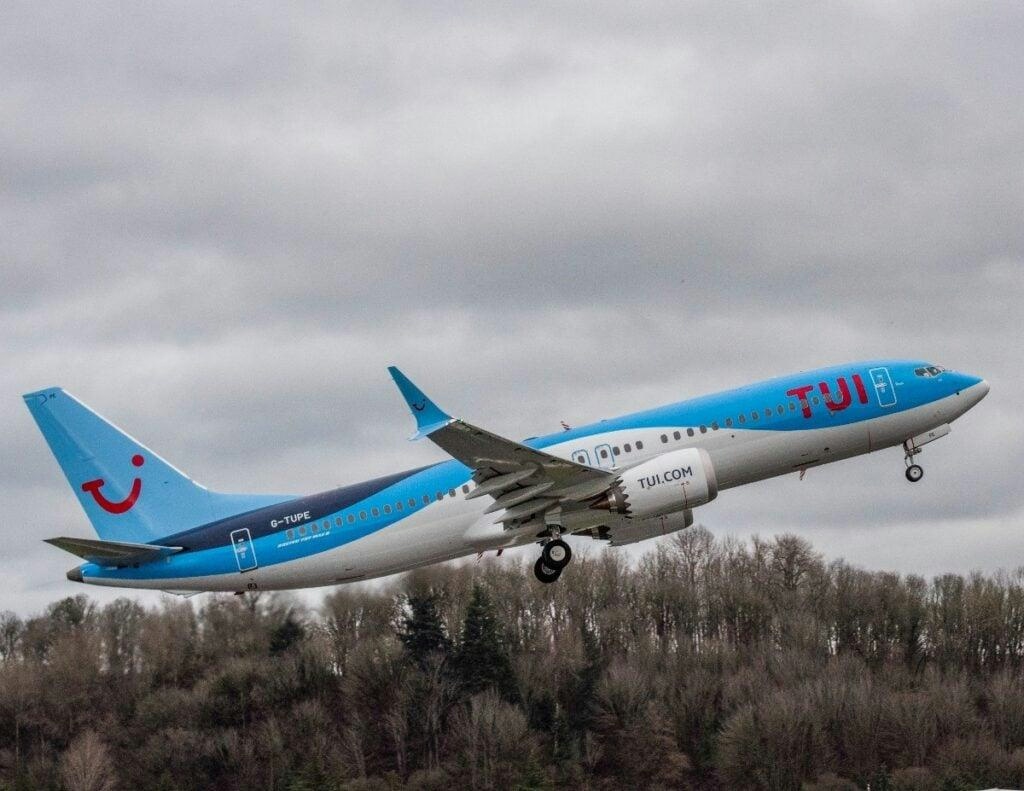
ABL Delivers Second 737 MAX 8 to TUI

How Operational Pressure Drives Airlines to Adopt Agentic AI

Bentley Uses Sustainable Aviation Fuel for Luxury Car Deliveries

Understanding FSC 55: Lumber, Millwork, Plywood, and Veneer in Aerospace Supply Chains

Archer Aviation’s UK AI Flight Hub and NVIDIA Partnership Shift Investment Outlook
